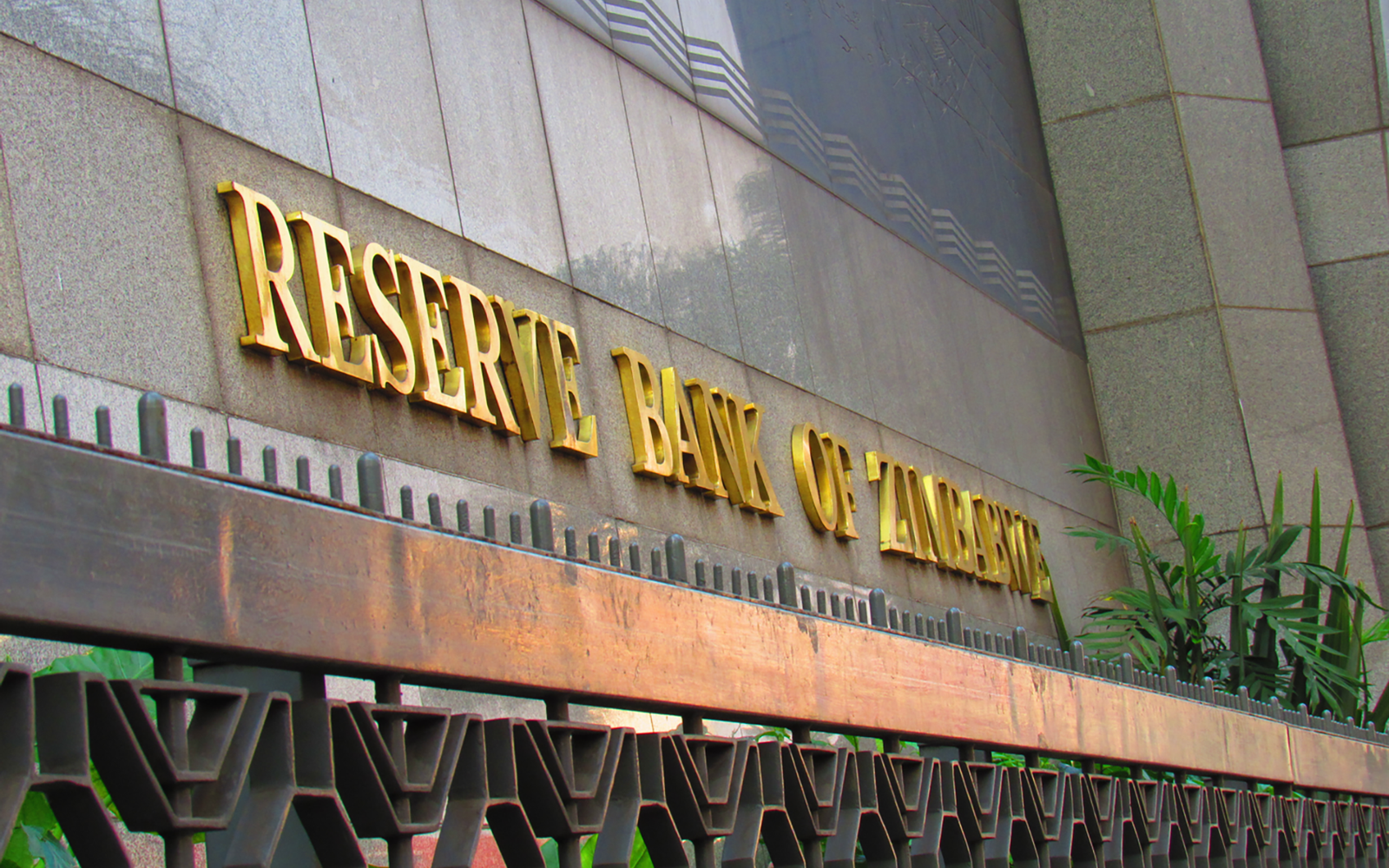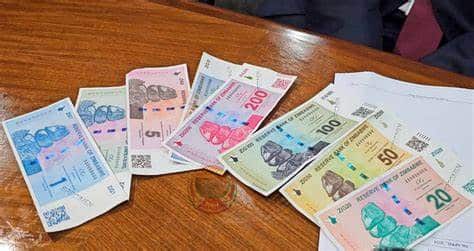The Reserve Bank of Zimbabwe has directed all banking institutions not to provide banking services to facilitate anyone dealing with or settling virtual currencies and once again warned the public against trading in cryptocurrencies such as Bitcoin and Litecoin saying that they risked losing their investments.
In a statement, RBZ said the move was taken to safeguard the integrity and soundness of the country’s financial system and to protect the public in general.
It said dealers and investors in any kind of cryptocurrency in Zimbabwe were not protected by law and that virtual currencies were traded in exchange platforms that were unregulated the world over.
“The opacity and pseudonymous nature of virtual currencies resents regulatory concerns due to the potential risks to the public and financial stability. The nature of cryptocurrency transactions makes them the currency of choice for money launderers and other criminals, seriously undermining global efforts to combat money laundering and the financing of terrorism,” the central bank said.
Many Zimbabweans are trading in cryptocurrencies which have given them quick yields, but RBZ also warned that anonymity surrounding deals made it difficult for law enforcement agencies to trace transactions.
It added that any instrument or platform that resulted in the flow of foreign currency or value into and out of the country or between residents and non-residents was subject to approval in terms of the law.
“The anonymity of transactions in respect of virtual currencies has the potential to result in exchange control circumvention as the transfer would not be effected and reported by an authorized dealer in foreign exchange,” it said.
A local company recently introduced an ATM in Harare which it said would be loaded with U.S. dollars and would be used to transact Bitcoins.
The central bank said it would continue monitoring regional and global cryptocurrency development in order to inform policy direction.
But in the mean time, the bank has urged the public to stay away from the virtual currencies.
“Any person who buys, sells or otherwise transacts in cryptocurrencies, whether online, or otherwise, does so at their own risk and will have no recourse to the Reserve Bank or to any regulatory authority in the country,” it said.








